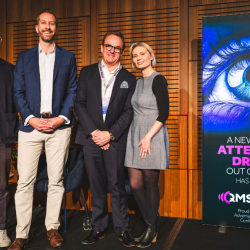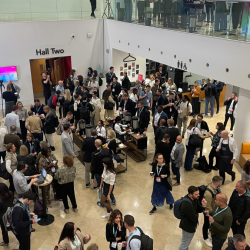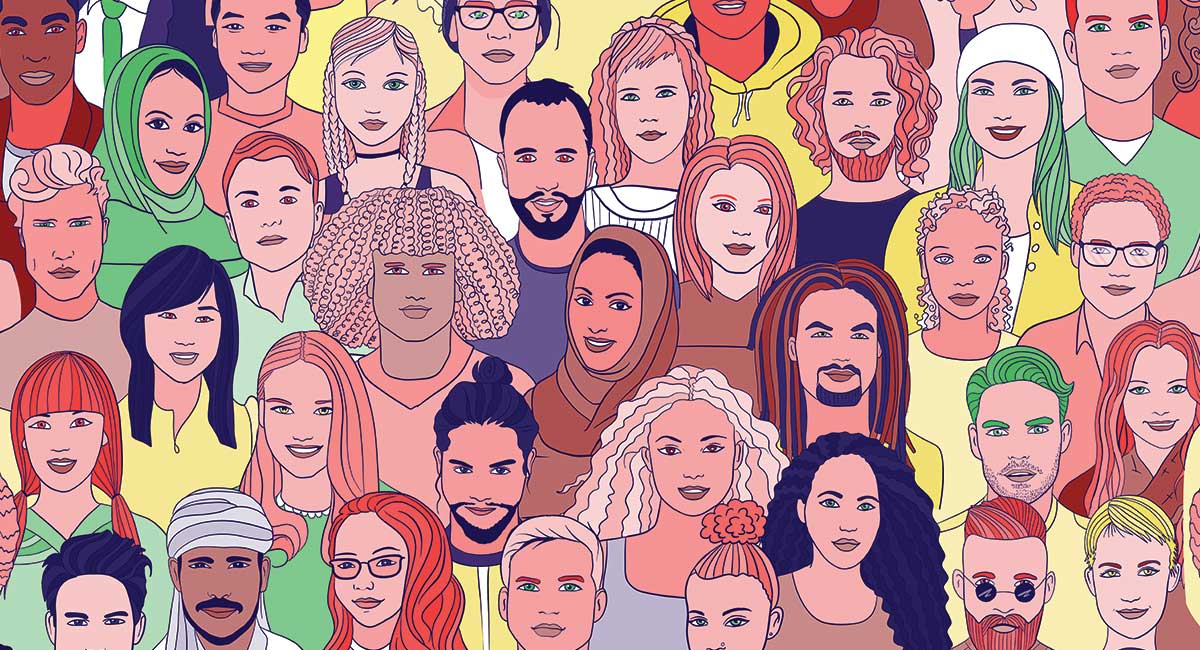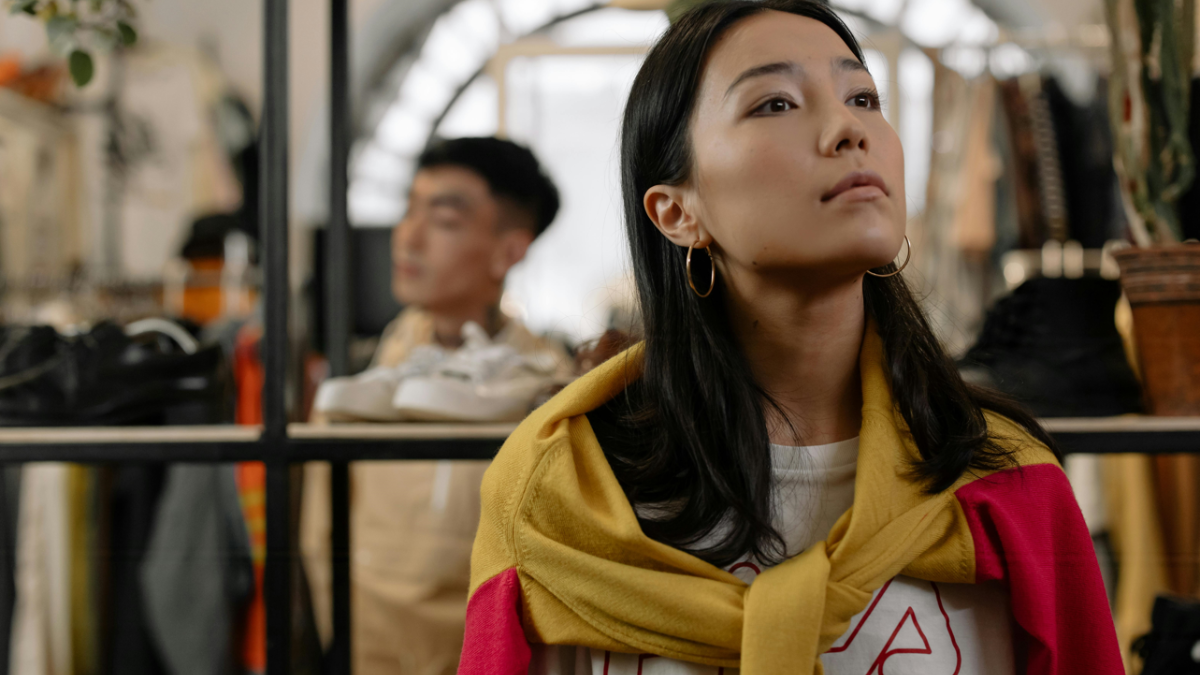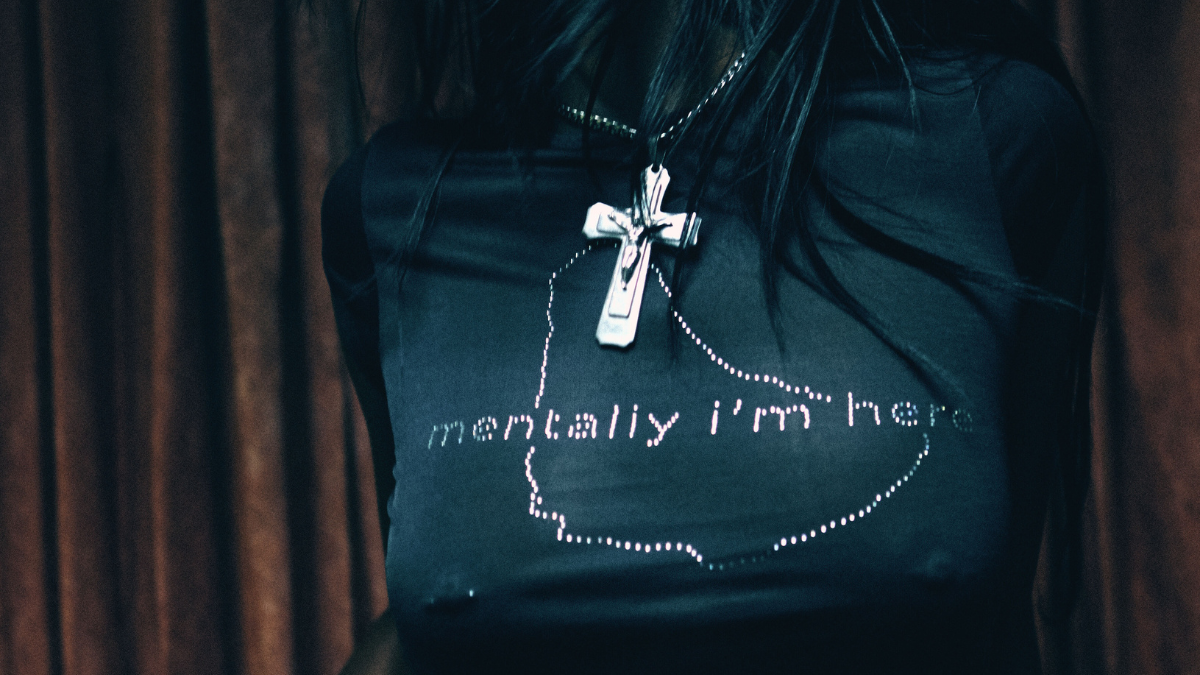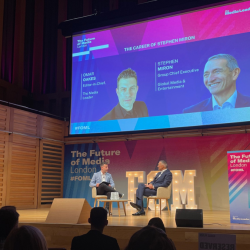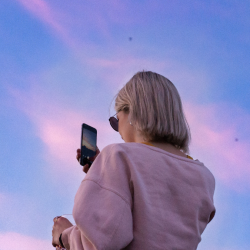What if I could introduce you to a group of consumers that wants brands to engage with them? A group that is currently underserved and that has a spending power in excess of $3 trillion? I’d hope to grab your attention. That’s exactly what Generation M, a global cohort of young Muslims is all about.
These young Muslims have one overarching characteristic – they believe that faith and modernity go hand in hand and that they deserve the best of both. Positive, optimistic and fully engaged in the world around them, they are seeking brands to respond to their needs.
Yet businesses have been surprisingly slow to realise the enormity of the market. They have been slower still to begin to understand and engage. Nervousness and misunderstanding around the simple notion that Muslims buy things and want brands is understandable, given our media coverage.
Who is Generation M?
It’s time to take a deeper look and see that the stories here are rich, positive and energising. They will help brands reach out not just to Generation M but also to the wider consumer trends which Generation M is pioneering.
Look at the numbers: the global Muslim lifestyle market is estimated to grow to $3.2 trillion dollars by 2024. The world’s Muslim population at 1.8 billion people is young and brand conscious: one third are under fifteen, two thirds under thirty. Globally, economic growth is low, so the Muslim consumer segment represents a huge opportunity.
What makes up the Generation M universe? It is a vast, young, global Muslim demographic with consistent values that is brand conscious and loyal. It has the will to create and promote brands and is made up of tech-savvy and globally connected consumers. They are often pioneers of new consumer trends such as eco-friendliness and sustainability in line with wider consumer movements. Then, there is the ability to harness collective power both within the ummah – the global Muslim nation – and across wider sectors and the sophisticated taste and affluence of a growing middle class.
That this is not the story of any other sector is precisely because of Generation M’s faith. It demands consideration of the ethics of their work, a constant assessment of meaning, overconsumption, extravagance, giving back and stewardship. Of course, these values exist in other business and consumer groups but the faith imperative makes these values non-negotiable in production, marketing and consumption as a means of achieving spiritual as well as worldly success.
Islam’s deeper green
The ‘third one billion’ (the estimated of 1.8 billion Muslim consumers worldwide) of Muslim consumers is coloured green; the deeper green of Islam. The reason that existing global brands have been slow to reach out is that global enterprises still operate within matrix structures in which the primary axis is geographic. Instead, the Muslim world is a powerful segment which unifies attitudes and behaviours, but not always by geography.
Another challenge for brands reaching out to Generation M consumers is the tendency of the marketing and advertising industry to see it as just another interesting segment. But we are not looking here at a segment which is qualified by one primary difference, be it age, orientation, language or skin colour. Nor whether attitudes and behaviour vary from a norm in accordance with that.
For Generation M, the very foundations begin from their faith. So, here is the central point: the kind of brands that we are predicting must adapt in response to Generation M must bring together faith and modernity and address their aspiration to live a holistic Muslim lifestyle.
It is worth noting that critics who say brands and products aimed at Muslims are wrong or ‘pander’ to Muslims have missed the point. Just because Muslims have the commercial world increasingly waking up to their needs does not mean other faiths cannot or should not have the same. More to the point, Muslim consumers are waiting to be served in a way that meets their consumer aspirations just like any other group. So far brands have fallen short.
Ideals to live by
The Islamic ideals Generation M aspire to are discussed in terms of ‘universal values’. These appeal to everyone irrespective of faith (or its absence) rather than specific religious prescriptions only for Muslims. Brands that address them have the potential to appeal across the board and offer a refreshing and bold alternative to existing brands.
For the short- to medium-term, brands must inform, educate, reassure the consumer about the highest levels of product quality through innovation. They must also demonstrate a proactive anticipation of their informational needs. This is the surest way of garnering trust. Techniques which may be regarded as marginal in the non-Muslim world need to be used or developed.
We live in a world where there is still constant hostility towards Muslims, but also increasing scepticism about corporations and their branding efforts. New Muslim brands must be able to navigate existing consumer concerns as well as bring to life the Islamic ideals they aspire to. Thomson Reuters noted in 2017 that: “the global Islamic economy has a potential bigger than every country in the world except China and the United States”. The question is how the Islamic economy will draw in other consumers who find its core values and methods appealing.
Shake up lazy design
The importance of design and branding applies as much for Generation M as for the wider consumer audience. In the same way that they are creating a language, culture and look for themselves through fashion and beauty, Generation M’s visualisation of the world in print and video reflects their expectation that modern techniques and standards will be applied to bringing their faith to life. This is particularly evident in the area of advertising and branding, which Generation M consumers complain is filled with lazy design. It treats them as though they were 40 years behind the wider global consumer community.
There is a huge chasm when it comes to engaging Muslim audiences from a holistic perspective that goes beyond just logos and lazy stereotypes. One of the bugbears of branding for Muslim audiences is that the quality of design, for instance, is very poor.
Generation M loves brands. They aspire to assert their identity through the brands that they feel best reflect them. But the last thing they want is for their faith to be taken advantage of. Rather, it is important to them that the brand or organisation is on their side, that they are not being cynically targeted as the latest marketing fad, that their demands as twenty-first-century Muslims are really at the heart of the contract.
What they want is for the understanding and communication of their needs to go beyond superficial stereotypes. What they want brands to do – and will happily pay for and offer their brand loyalty for, are the brands that will help the live the kind of lives they aspire to.
Featured image: Shtefan Yelizaveta / Shutterstock.com




